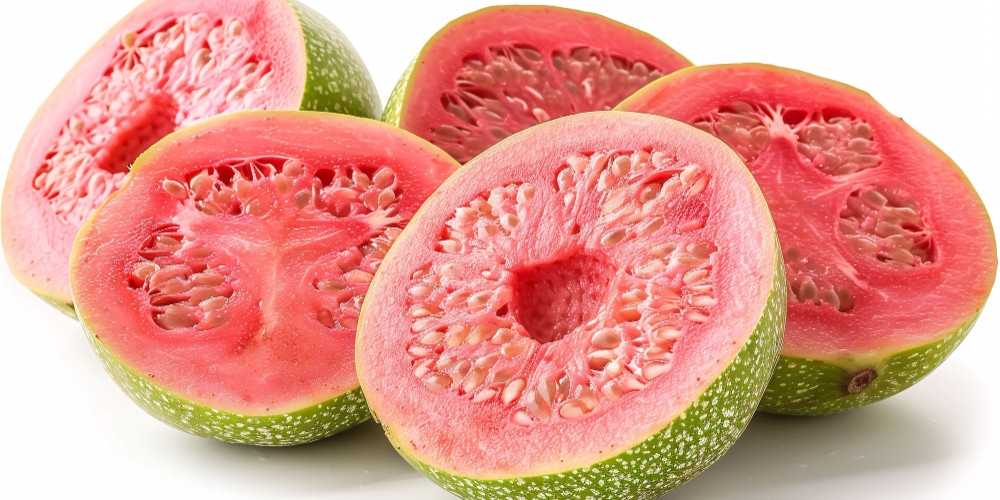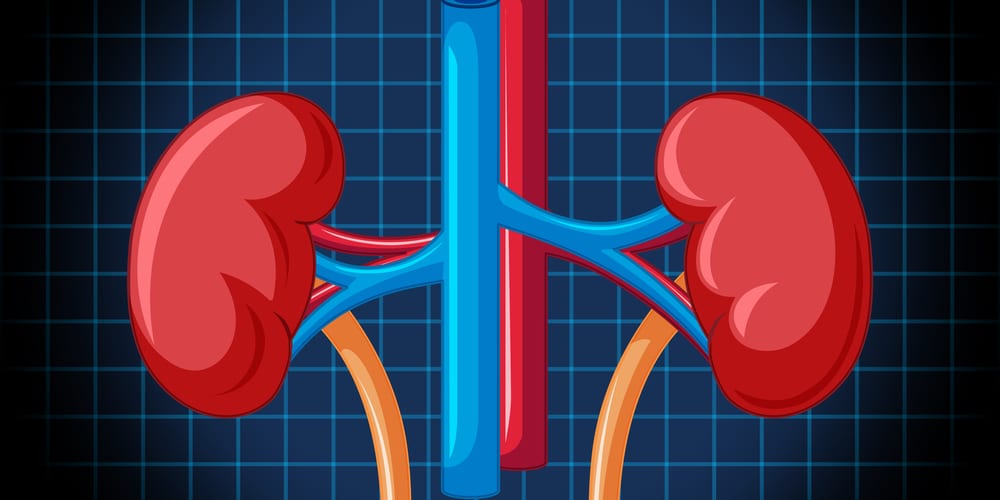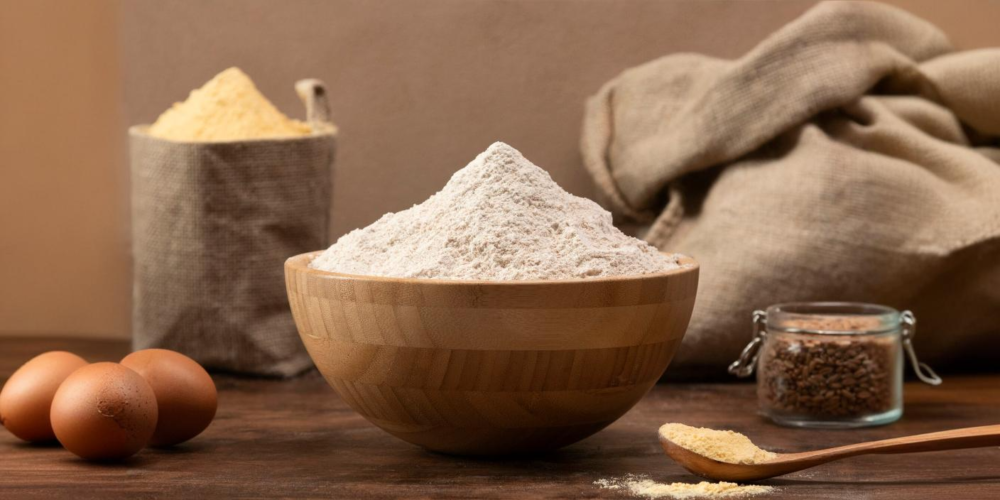Latest

Author
Contrary to what viral YouTube videos claim, studies show that there could be adverse effects of consuming bitter gourd daily. Experts warn against the possibility of toxicity due to overconsumption.
By Tej Kumar
A viral YouTube video claims that drinking bitter gourd juice every day is an effective home remedy for diabetes. The video (in English) has garnered over 2,40,000 views and has prompted similar videos in other Indian languages, such as Hindi, Telugu, Malayalam and Tamil.
While bitter gourd (aka Momordica charantia, karela, or bitter melon) has been used as a hypoglycaemic agent for lowering blood sugar in traditional medicine, there is lack of sufficient clinical evidence to support the practice. Despite several studies conducted on the subject over the years, a 2012 review found that “there was insufficient evidence on the effects of Momordica charantia (bitter gourd) for type 2 diabetes mellitus”.
In fact, there are some reports illustrating the adverse effects of consuming bitter gourd daily. According to a research paper published on PubMed, bitter gourd should be used with much care in pregnant diabetic patients to avoid possible damage to developing foetus. We need to consider the possibility of toxicity due to overconsumption.
“Currently, there’s no medically approved form or formulation of bitter gourd that can be consumed safely and effectively as a treatment for diabetes. Bitter melon may be taken as part of a healthy and varied diet. However, consuming bitter melon beyond your dietary needs may lead to ill-health,” noted Dr. Cyriac Abby Philips, a consultant and physician-scientist at Clinical and Translational Hepatology & Monarch Liver Laboratory, The Liver Institute, Center of Excellence in Gastrointestinal Sciences, Rajagiri Hospital, Kerala.
“Bitter gourd extracts or juice are not approved or recommended as a treatment or prevention for diabetes by any national or international endocrinology or diabetes societies. The foundational evidence that it can manage blood sugar is very weak,” he added.
A thought-provoking paper published by Cambridge University Press found that while there was no proven clinical efficiency in the consumption of bitter gourd for lowering blood sugar levels, most studies “are often flawed by small sample size, lack of control and poor study designs”.
Interestingly, a human trial of bitter gourd extract against the first-line medication for the treatment of type 2 diabetes, Metformin, showed that bitter gourd had a modest hypoglycemic effect. “However, the hypoglycemic effect of bitter melon was less than metformin 1,000 mg/day,” it said.
As a recent review rightly states the anti-diabetic potential of bitter gourd is a good option to explore for diabetes treatment. Though the efficacy and safety of such formulations need to be scientifically proven before they can be recommended.










